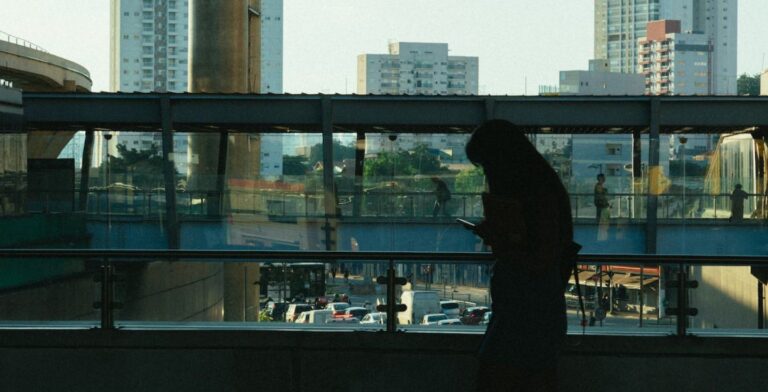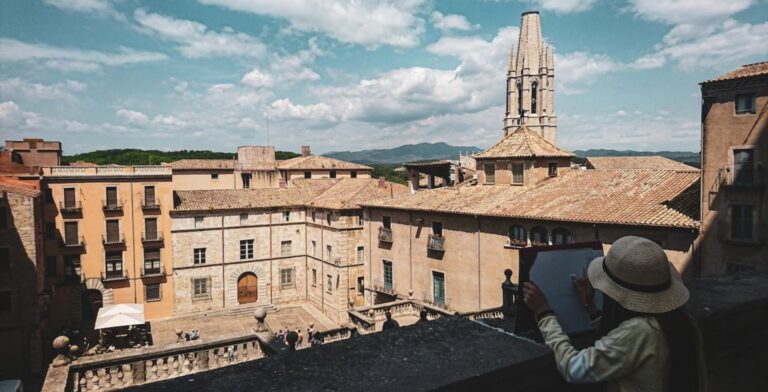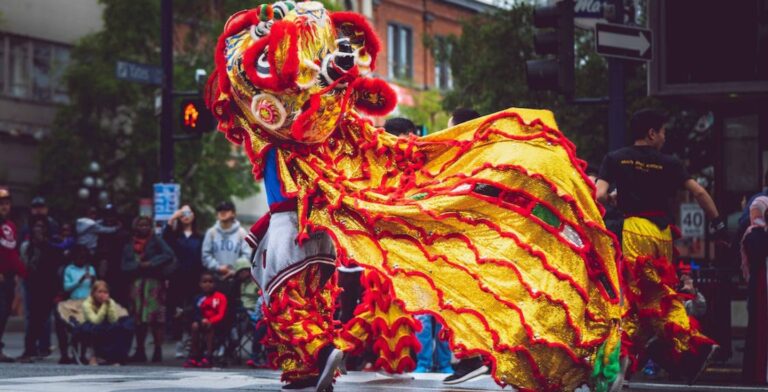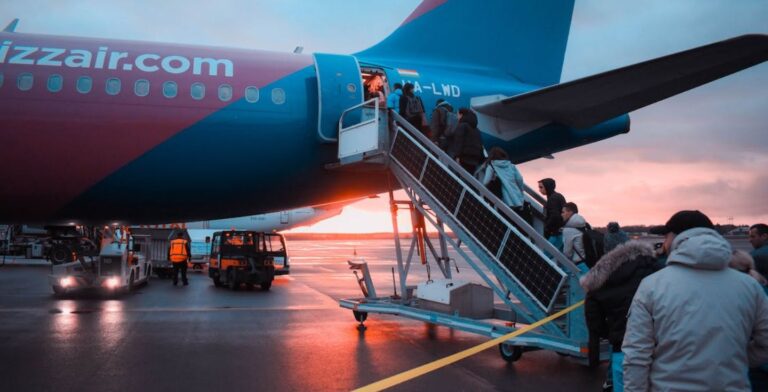Best Christmas Markets in Germany
Discover everything that the Christmas markets in Germany gave to offer in Nuremberg, Munich, Berlin, plus get important tips for travelers


 +1M
+1M
Holafly saves you +30% compared to other roaming fees
Plans that may interest you
Christmastime is an enchanting season that brings together family and friends. Visiting the local Christmas markets in Germany is a great way to learn about the traditions and culture. As some of the oldest in Europe, these markets offer a unique blend of tradition, charm, and holiday cheer. Today, we’re going to dive into the best Christmas markets in Germany.
Nuremberg Christkindlesmarkt: A Timeless Tradition
Opening Dates: November 28–December 24
Nuremberg’s Christkindlesmarkt stands as a timeless symbol of Christmas, attracting visitors with its historic charm. Wander through the medieval city center, where the market displays its treasures, offering everything from handcrafted ornaments to delectable gingerbread. Make sure you attend the opening ceremony and try the spectacular almond cookies.
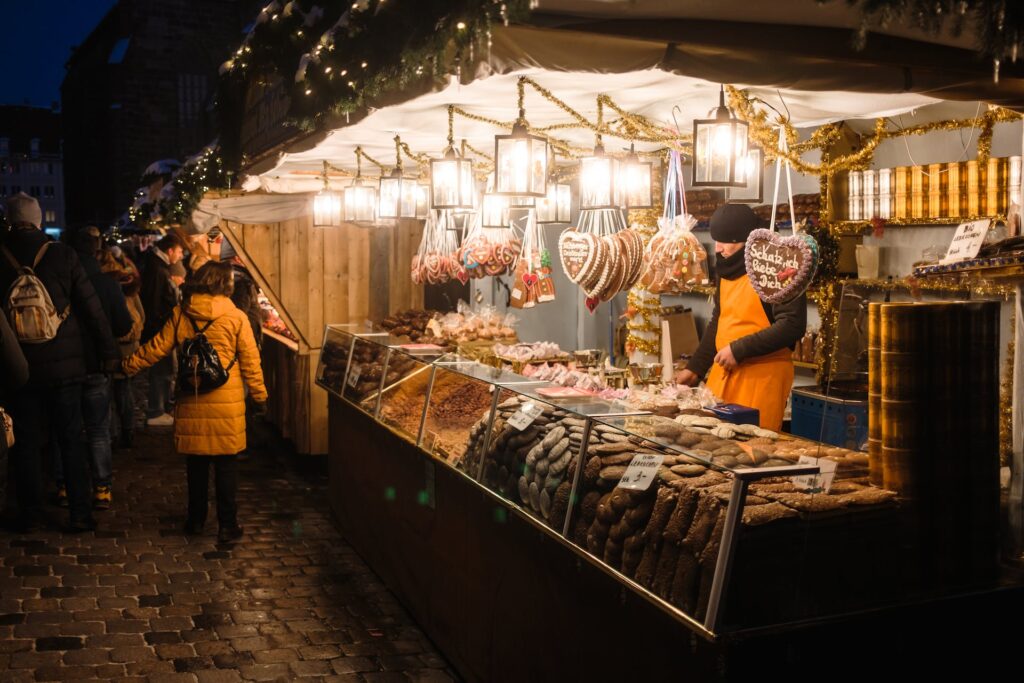
Cologne Cathedral Christmas Market
Opening Dates: November 23–December 23
Set in front of the iconic Cologne Cathedral, this market is a visual feast. The market’s stalls hold unique crafts, local treats, and a warm atmosphere. Explore the Christmas Village and savor the festive spirit, with the stunning cathedral as your companion. Entrance to the market is free, and you can reach it through various transportation methods. Be sure to take your kids to the free activities on Tuesdays and Thursdays.
Munich Christmas Market
Opening Dates: November 27–December 24
Munich’s Christmas Market is a winter wonderland, where the air is filled with the scent of roasted chestnuts and cinnamon. With its rich cultural offerings, the market invites you to experience Bavarian traditions and indulge in delightful seasonal treats. Participate in the traditional Krampus Run and go on one of the Nativity Tours. Even the kids can have fun during the workshops set up just for them!
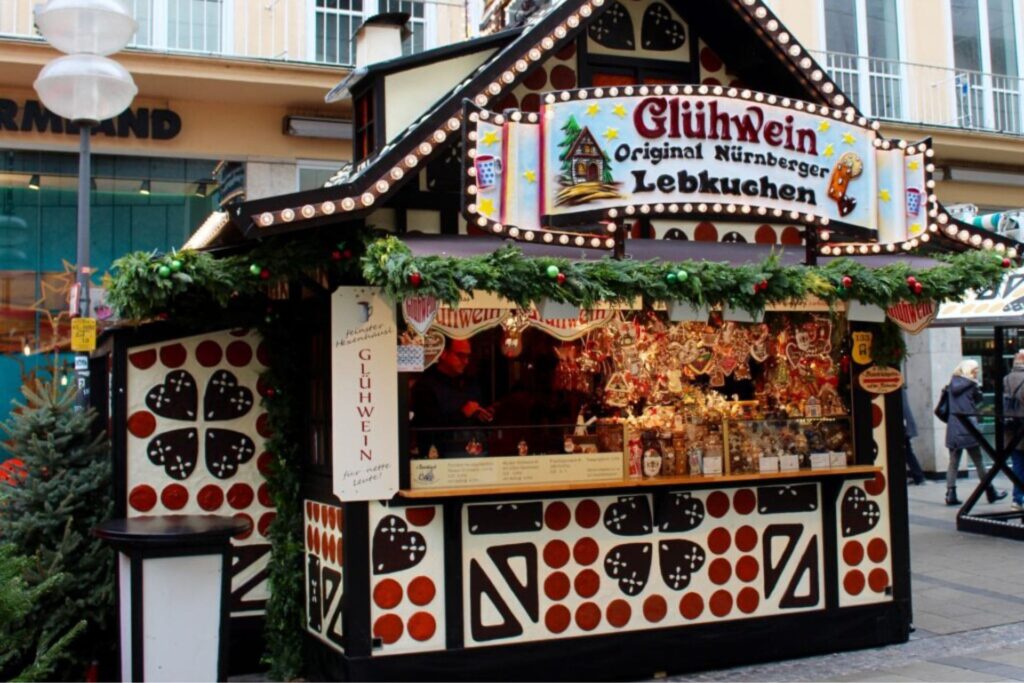
Berlin Christmas Market
Opening Dates: November 27–January 07*
Berlin’s Christmas Market offers a modern twist on tradition. The bustling capital transforms into a festive playground with eclectic stalls, dazzling lights, and a vibrant atmosphere. From ice skating to artisanal gifts, there’s something for everyone in this dynamic metropolis. Keep in mind that there are plenty of Christmas markets in Berlin and open dates can vary depending on the location. Visit the Berlin City Hall or the Alexanderplatz Christmas Markets with ice rinks and traditional snacks.
Dresden Striezelmarkt: A Culinary and Cultural Delight
Opening Dates: November 29–December 24
Dresden’s Striezelmarkt, another one of the oldest in Germany, combines culinary delights with cultural richness. Indulge in Dresden’s famous stollen (fruitcake) while exploring the market’s historic hotspots. The festive spirit comes alive with traditional crafts, music, and the scent of holiday spices. Go to the several festivals that this market offers, like the Gingerbread festival, the Pyramid festival or the Christmas Sounds festival. Take the kids to the bakery so they can make and decorate their own delights.
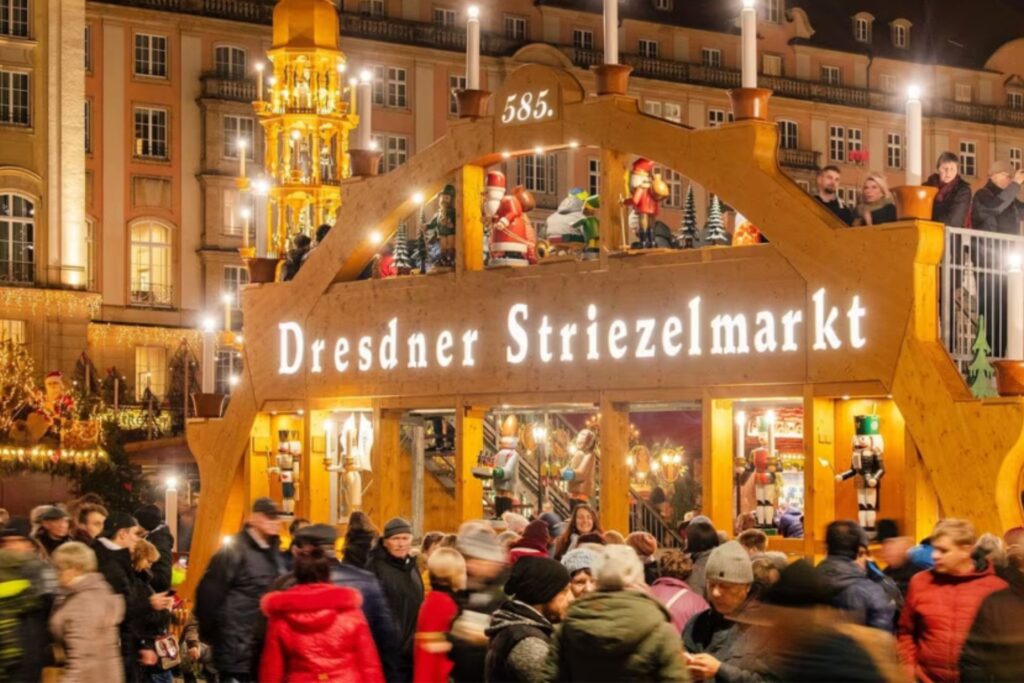
>Traveling to other countries in Europe? Connect them all with a European eSIM!<
Aachen Christmas Market
Opening Dates: November 24–December 23
Aachen’s Christmas Market, set against the backdrop of the impressive cathedral, exudes a medieval charm in Germany. Join the festive spirit with local crafts, delightful treats, and the enchanting ambiance of this historic city. The stalls will be stoked with attractive items from jewelry, snacks, and even men’s bathing products. Discover St Nikolaus City Church with its impressive interior and go on a tour.
Hamburg City Center Christmas Market
Opening Dates: November 23–December 23
Get in the Christmas spirit at one of Hamburg’s best Christmas markets. Enjoy the parades and the sweet scent of cinnamon and roasted almonds. Get your last-minute gifts at local shopping centers with the best souvenirs for your loved ones. The Hamburg Christmas experience is one to talk about and post online. The little ones will definitely enjoy the huge, beautiful floats in the parades.
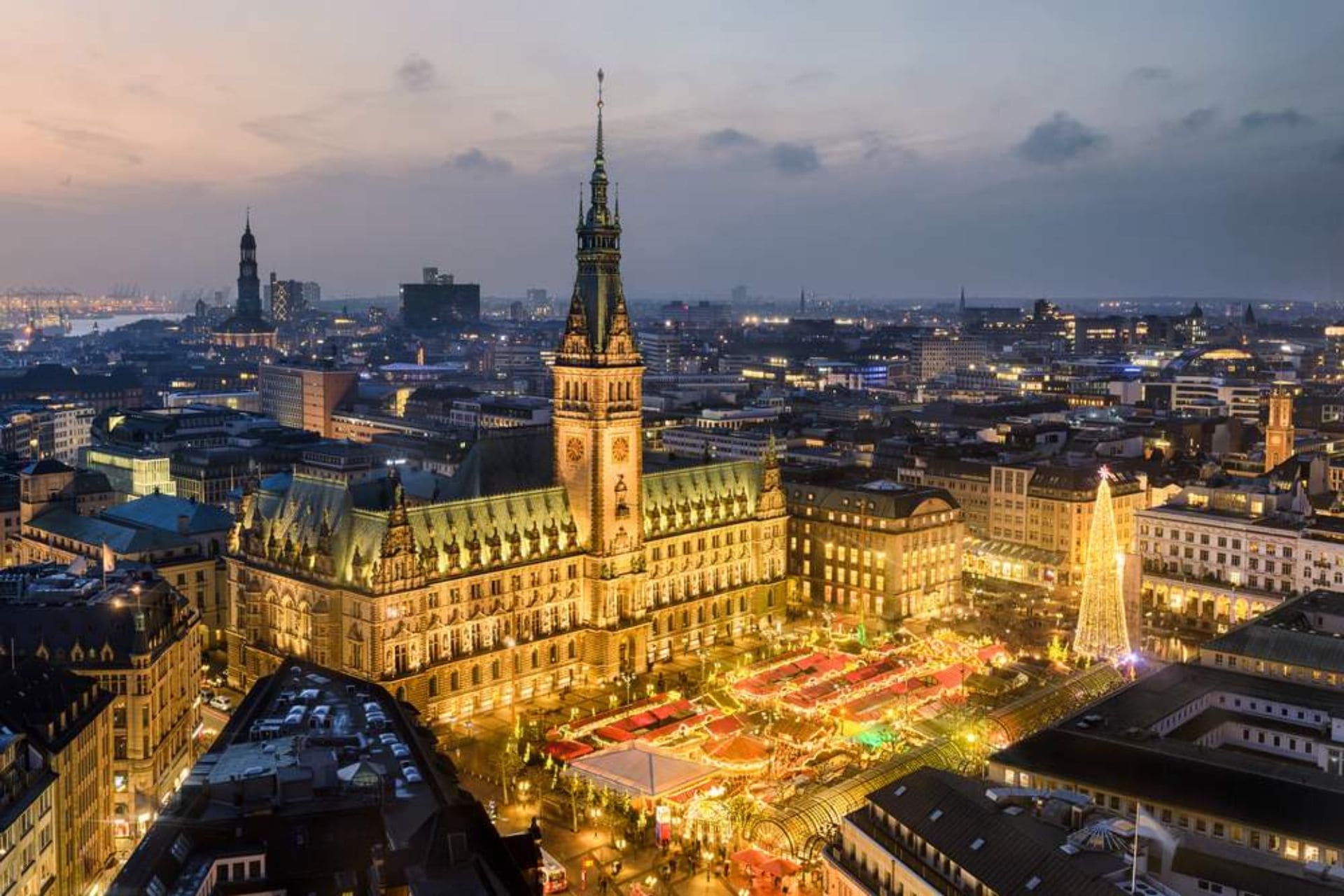
Frankfurt Christmas Market
Opening Dates: November 27–December 21
Visiting one of the biggest Christmas markets in Germany with elaborate decorations and delicious food is definitely a place that you have to visit on your trip. There will be a Santa visit, a Carillon at St. Nicholas Church and you can even ride the historic Steam Train. Have a blast and have an experience of a lifetime. If you want to dine at one of the fancy restaurants in the area, keep in mind that you’ll have to reserve beforehand. We recommend getting a data connection so you know how to get there and keep a reminder on your phone.
Heidelberg Christmas Market
Opening Dates: November 27–December 22
Skate with your loved ones or companions at the skate rink for a fairy tale-like experience. Get a perfect Christmas shot at one of the perfect picture points. For example, there’s Bismarckplatz which is the old town entrance or Anatomiegarten which is a monument to the famous local chemist Robert Bunsen. Go to the Kornmarkt where there are illuminated trees that will give you a euphoric Christmas sensation. This is the perfect spot for couples to show their love.
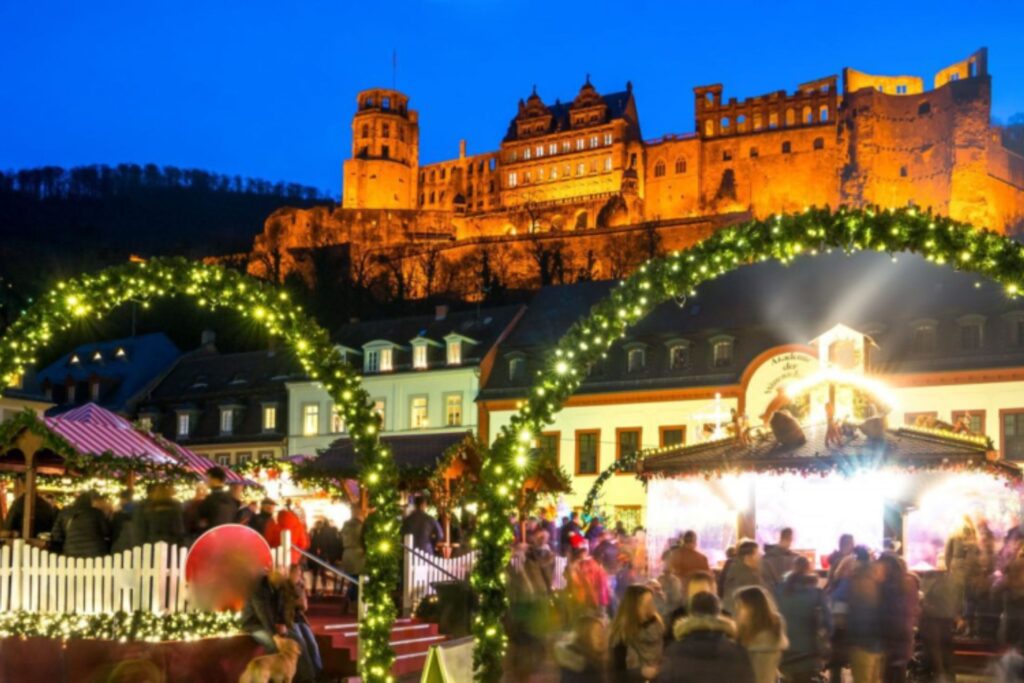
Stuttgart Christmas Market
Opening Dates: November 29–December 23
Our last but not least, the Stuttgart Christmas Market, brings to life the joy and magic of Christmas with stalls from more than 300 traders that bring their own unique goods. Try the traditional Zimtsterne cookie. Participate in the opening event and visit the antiques part of the market. You can reach the Christmas market on public transportation like taxis and buses, and it’s definitely wheelchair accessible.
Tips for First-Time Travelers to Germany
Besides enjoying the marvels of the various Christmas markets that Germany boasts, you also need to keep several tips in mind. This goes from the clothing you’re taking, up to how you’ll connect abroad.
- Take warm clothing, temperatures can reach freezing
- Have all your documentation, including passports and visas
- Make your reservations beforehand for sites and restaurants
- Respect local traditions and culture
- Plan out your activities for shorter days
- Get a pass card to get around easily
Staying connected on the go
You want to share all your adventures with those back home and even your friends on social media. But that’s not all. You also want to be able to guide yourself using Google Maps without putting your information at risk.
Many international providers, like Holafly, offer a secure and reliable internet connection. With data sharing for up to 500 MBs daily, you can connect other devices to your unlimited data packages. Discover seamless connectivity with Holafly’s eSIM for Germany.
Stay connected as you explore the magic of Christmas markets, share your festive moments with loved ones, and get around effortlessly. Check out the benefits:
- Unlimited Data
- Data sharing up to 500 MB per day
- Customizable plans
- Connect as soon as you land
- Get it anywhere, anytime, with the app
- 24/7 multilingual customer service
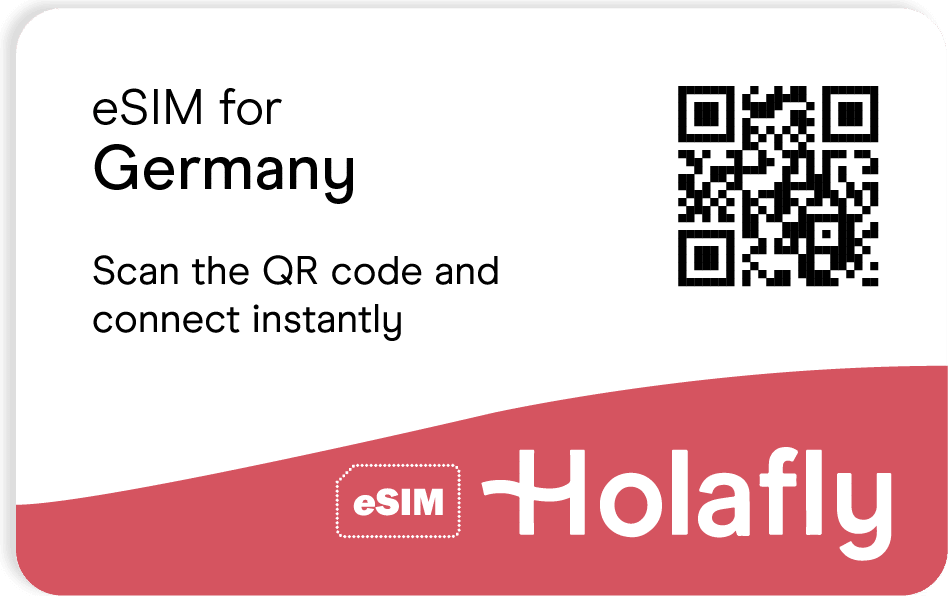
Frequently Asked Questions
Germany boasts several exceptional Christmas markets, each with it’s own unique charm. Cologne, Munich, Berlin, Dresden, and Aachen also host renowned markets, each providing a distinctive festive experience.
Both Berlin and Munich offer delightful Christmas markets, catering to different tastes. Berlin’s markets are known for their diverse, modern, and cosmopolitan atmosphere, while Munich’s markets offer a traditional Bavarian charm. The best market depends on the type of festive atmosphere you prefer.
Absolutely! German Christmas markets are known for their magical ambiance, festive spirit, and unique offerings. From traditional crafts and delicious treats to cultural experiences, these markets provide a memorable holiday experience.
Christmas markets in Germany typically open in late November and run through December. Specific dates vary by city and market, so it’s advisable to check the exact opening and closing dates for the particular market you plan to visit.
To stay connected during your Christmas market adventure in Germany, consider using Holafly’s eSIM. Holafly’s eSIM for Germany ensures seamless connectivity, allowing you to share your festive moments with loved ones, navigate the markets effortlessly, and stay in touch throughout your journey.




 No results found
No results found



